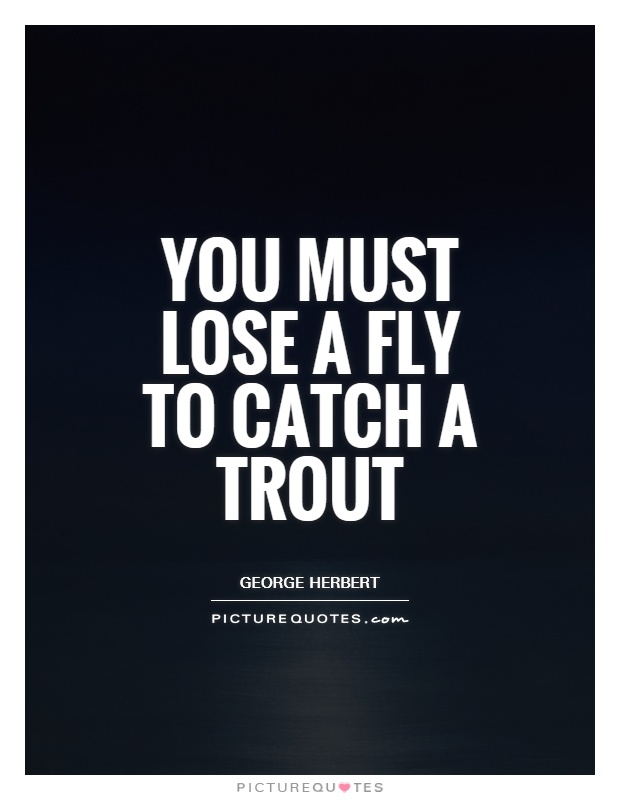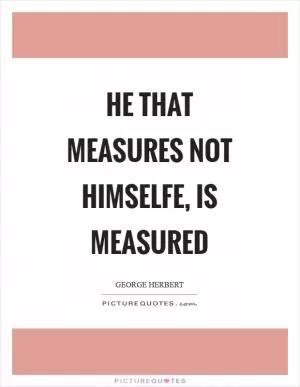You must lose a fly to catch a trout

You must lose a fly to catch a trout
The phrase "You must lose a fly to catch a trout" is a proverb that has been used for centuries to convey the idea that sometimes sacrifices must be made in order to achieve a greater goal. This concept is particularly relevant in the context of the poet George Herbert, whose works often explore themes of sacrifice, redemption, and spiritual growth.In Herbert's poetry, the idea of losing something in order to gain something greater is a recurring motif. In his famous poem "The Sacrifice," Herbert writes about the ultimate sacrifice of Jesus Christ on the cross, and how his death ultimately leads to the redemption of humanity. This idea of sacrifice and loss leading to a greater good is central to Herbert's understanding of faith and salvation.
In the context of "You must lose a fly to catch a trout," Herbert might interpret this proverb as a metaphor for the sacrifices that must be made in order to achieve spiritual growth and enlightenment. Just as a fisherman must sacrifice a fly in order to catch a trout, so too must individuals be willing to let go of their worldly desires and attachments in order to attain a deeper connection with the divine.
For Herbert, this idea of sacrifice is not just about giving up material possessions or pleasures, but also about surrendering one's own will and ego to a higher power. In his poem "The Collar," Herbert writes about the struggle between his own desires and God's will, ultimately coming to the realization that true freedom and fulfillment can only be found in submission to God.












 Friendship Quotes
Friendship Quotes Love Quotes
Love Quotes Life Quotes
Life Quotes Funny Quotes
Funny Quotes Motivational Quotes
Motivational Quotes Inspirational Quotes
Inspirational Quotes